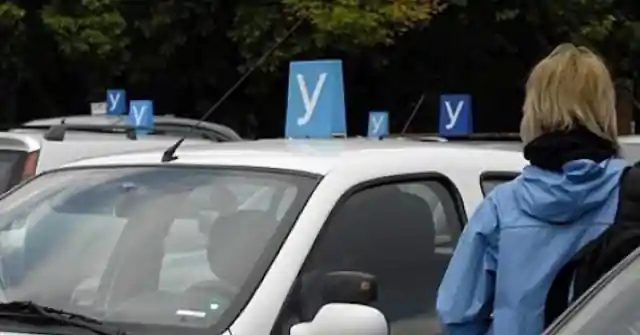
The recent amendments to Bulgaria’s driver’s license acquisition process have ignited a heated debate among the public and driving instructors, following the publication of new regulations on September 10.
Set to take effect on December 10, 2024, the reforms include a cap of four attempts for both theoretical and practical driving tests, prompting a mixed response from various stakeholders.
Seven organizations involved in driver training have publicly opposed the proposed changes, particularly criticizing the introduction of electronic driving hour cards and the limits on test attempts.
Trendafil Marinov, chairman of the Bulgarian Driving Instructor Union, has confirmed a protest scheduled for September 25, highlighting the industry’s discontent with the new regulations.
In an interview with the Bulgarian National Radio (BNR), Marinov expressed concerns that the amendments do not align with current educational standards.
He criticized the shift towards digitalization, labeling it “complete ambiguity” and questioning its potential to enhance road safety.
Marinov argued that the proposed measures would impose additional financial burdens on driving schools, as each training vehicle would need to be equipped with devices ensuring permanent Internet connectivity, necessitating contracts with mobile service providers.
Currently, the Automotive Administration employs inspectors capable of verifying the authenticity of traditional paper driving cards, which contain essential identification details and photographs.
Marinov raised issues regarding the limited number of available examiners for practical driving tests, foreseeing long waiting times for prospective drivers.
He also questioned the reasoning behind limiting testing attempts to four and imposing a six-month timeframe, advocating for a collaborative working group with industry representatives to address these issues.
Concerns regarding potential corruption have surfaced, with Marinov questioning why a single company should develop the required software instead of fostering competition among multiple software solutions.
In contrast, Krasimir Georgiev, manager of the Association for the Qualification of Motorists in Bulgaria, defended the new regulations during a national radio discussion.
He argued that the reforms aim to eradicate corrupt practices, which he claims opponents fear. Georgiev emphasized that the exam should be a true assessment of knowledge acquired during training rather than an extension of the training itself.
He suggested that driving schools expressing concern over the new requirement of four exams within six months may not be adequately preparing their students.
Georgiev further asserted that after years of stagnation, reform is finally underway. He contended that if existing requirements were properly followed, there wouldn’t be so many driving schools, many of which he claims operate under inadequate conditions.
He highlighted the common practice of maintaining two sets of training cards to satisfy traffic police inspections.
He dismissed concerns about the financial implications for driving schools, stating they typically do not reinvest their profits and lack understanding of basic tax concepts. Georgiev also mentioned that sufficient examiners are available, countering claims of shortages.
In support of the reforms, Georgiev announced plans for a procession from 11 a.m. to 1 p.m. at Alexander Battenberg Square, backed by over 12 NGOs focused on road safety.
This rally aims to culminate in a declaration to the Ministry of Transport, advocating for the new regulations and underscoring the ongoing conflict between those in favor of reform and those advocating for traditional practices in Bulgaria’s driver training sector.
As the protest approaches, the future of Bulgaria’s driver training landscape remains uncertain, with both sides keen to make their voices heard in this pivotal discussion.
